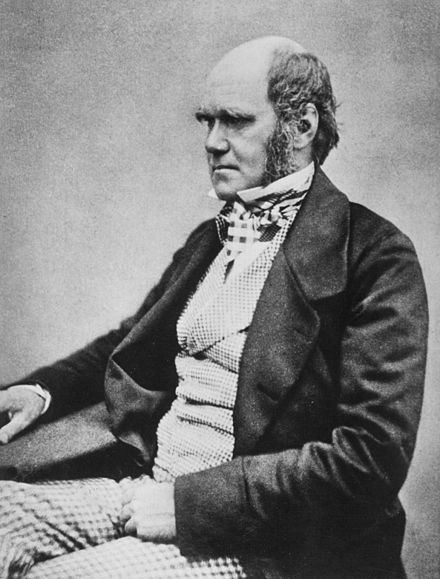Since I’ve been ranting on about the evaporation of sovereignty in the Eurozone, I think it’s only fair to cite Gideon Rachman’s thoughtful reservations on the subject.
EUROPE WOKE UP on Monday to a lot of headlines about the humiliation of Greece, the triumph of an all-powerful Germany and the subversion of democracy in Europe.
What nonsense. If anybody has capitulated, it is Germany. The German government has just agreed, in principle, to another multibillion-euro bailout of Greece – the third so far. In return, it has received promises of economic reform from a Greek government that makes it clear that it profoundly disagrees with everything that it has just agreed to. The Syriza government will clearly do all it can to thwart the deal it has just signed. If that is a German victory, I would hate to see a defeat.
As for this stuff about the trashing of democracy in Greece – that too is nonsense. The Greek referendum on July 5 was in essence a vote that the rest of the eurozone should continue to lend Greece billions – but on conditions determined in Athens. That was never realistic. The real constraint on Greece’s freedom of actions is not the undemocratic nature of the EU. It is the fact that Greece is bust.
Quite. Roger Cohen also had a terrific piece in yesterday’s New York Times in which he mused on the way “the German question” has returned to preoccupy both the Germans and the rest of the European Union.
In the immediate post-war era, Cohen writes, the Question was clearly posed:
How to rebuild the country while keeping it under American tutelage? How to ensure it remained a political pygmy even when it had grown from the ruins to become an economic titan? Whether to reunite it, and how to do so within the framework of NATO and the European Union? How to integrate Germany so completely in Europe that it would never again be tempted to stray down some wayward path, or “Sonderweg”?
By the early 21st century, he continues, these issues had been resolved.
The United States had helped fashion the German Federal Republic and underwritten its security. The European Union had defused Franco-German enmity, Europe’s perennial scourge; a tacit understanding gave France political primacy even if Germany had the economic muscle.
Three things then upset this applecart. The first was the “poisoned chalice” of the euro.
Conceived to bind Germany to Europe, it instead bound far-weaker European countries to Germany, in what for some, notably Greece, proved an unsustainable straitjacket. It turbo-charged German economic dominance as Berlin’s export machine went to work. It wed countries of far laxer and more flexible Mediterranean culture to German diktats of discipline, predictability and austerity. It produced growing pressure to surrender sovereignty — for a currency union without political union is problematic — and this yielding was inevitably to German power.
The other two developments which combined to propel Germany into the driving seat were the declining economic and political power of France and its presidential leadership, and the withdrawal of the US from the continent’s affairs. In that context, it’s interesting that the Minsk ‘accords’ — which are supposed to restrain Putin from further troublemaking on the fringes of the EU — do not have the US as a signatory.
And the implications of all this?
Precisely the thing that Germans were most uneasy about, and their neighbors, too, has now occurred. Germany dominates Europe to a degree unimaginable even 15 years ago. When I lived in Berlin around the turn of the century, Germans were still debating whether they could ever be a “normal” country and whether they could ever feel “proud.” Now such rumination just seems quaint. Germany has decided it has no choice but to assume its power.
It wants to use it well. But its domination is stirring resentment, on a massive scale in Greece, where flip references to the Nazis are common; in France, where the feeling has grown that German severity with an already humiliated Greece is overblown; in Italy, where German-imposed austerity is resented; and in other countries of high unemployment and economic stagnation, where old anger toward Germany has not been entirely effaced by the passage of seven decades.
That phrase — “flip references to the Nazis” — reminds me of something Paul Mason said during the Greek election which brought Syrzia to power. He noticed that the anthem being sung by party activists was the one partisans used to sing when resisting the German occupation in the 1940s.
I’ve always admired modern Germany. I still do, especially when I compare its enlightened industrial system and federal, non-monarchical constitution (things which were imposed upon it, ironically, by Britain and its allies after the war) to the UK’s demented neoliberalism and hierarchical non-constitution. But yoking all kinds of less efficient economies to the German one was a catastrophic error, even if the intentions behind it were good. Everything that the sceptics warned would happen has happened.
And the oddest thing of all is that we in the UK have Gordon Brown to thank for keeping us out of it. If Tony Blair had had his way we would now be in it up to our necks.
CORRECTION: I incorrectly credited Simon Kuper with the first quotation in this post. It was in fact from a piece by another Financial Times columnist — Gideon Rachman. Thanks to Gerard de Vries for pointing this out.
Antonia Fraser opens with a quote from the autobiography of G.M. Trevelyan:




